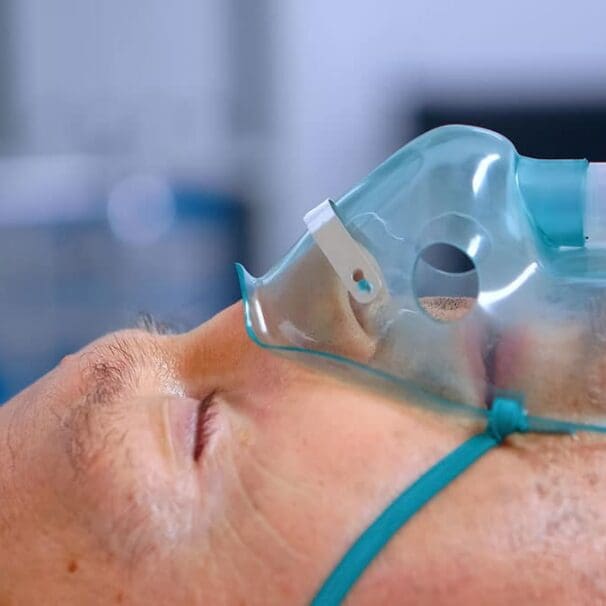HealthProviders DB is a comprehensive database of healthcare providers, including a complete directory of all Sleep Medicine Otolaryngologists.
Otolaryngology Healthcare Taxonomy Code 207YS0012X
As of today, the following are the total number of Sleep Medicine Otolaryngologists nationally, in your State, and near your location.
Select a State below to view the list by State. Additionally, you can narrow the list by city, among other options, from the Filter Panel, which you can open by clicking the vertical ellipses ⋮ in the upper right corner of the app.
Alaska – Alabama – Armed Forces Pacific – Arkansas – American Samoa – Arizona – California – Colorado – Connecticut – District of Columbia – Delaware – Florida – Federated States of Micronesia – Georgia – Guam – Hawaii – Iowa – Idaho – Illinois – Indiana – Kansas – Kentucky – Louisiana – Massachusetts – Maryland – Maine – Marshall Islands – Michigan – Minnesota – Missouri – Northern Mariana Islands – Mississippi – Montana – North Carolina – North Dakota – Nebraska – New Hampshire – New Jersey – New Mexico – Nevada – New York – Ohio – Oklahoma – Oregon – Pennsylvania – Puerto Rico – Palau – Rhode Island – South Carolina – South Dakota – Tennessee – Texas – Utah – Virginia – Virgin Islands – Vermont – Washington – Wisconsin – West Virginia – Wyoming
Medicare
The following are the total number of Sleep Medicine Otolaryngologists who accept Medicare in your State, the number who have opted out of Medicare, and the total number excluded from participation in Medicare nationwide.
The diagram below shows all the Sleep Medicine Otolaryngologists across the country, represented by blue bubbles. The larger the bubble, the greater the concentration of providers in that area. Red bubbles represent Medicare-excluded providers, with the larger bubbles indicating a higher percentage of excluded providers in that region. You can change the bubble size to be based on exclusions from the Size menu.
What do Sleep Medicine Otolaryngologists do?
Sleep medicine otolaryngologists diagnose and treat sleep disorders, primarily upper airway disorders such as obstructive sleep apnea and snoring.
They perform comprehensive airway evaluations, interpret sleep studies, and offer a range of treatments, including surgical and non-surgical options such as CPAP therapy, surgery, and nasal procedures.
Diagnosis and evaluation
Comprehensive airway exams: They examine the nose, throat, mouth, and neck to identify structural issues that obstruct breathing, such as a deviated septum, enlarged tonsils or adenoids, or nasal polyps.
Advanced imaging: They may use tools such as nasal endoscopy and CT scans to obtain detailed views of the airway.
Sleep study referrals: They can refer patients for sleep studies and collaborate with other sleep medicine physicians to interpret the results.
Treatment options
Surgical procedures: They perform various surgeries to fix anatomical problems, such as septoplasty for a deviated septum, tonsillectomy or adenoidectomy for large tonsils, and uvulopalatopharyngoplasty (UPPP) to remove excess tissue from the throat.
Minimally invasive procedures: They also offer less invasive options, like turbinate reduction to improve airflow and pillar implants to stiffen the soft palate.
Other interventions: They may also recommend or provide other treatments, such as hypoglossal nerve stimulation, which involves an implanted device to keep the airway open.
CPAP and oral appliances: They help manage CPAP use and can fit custom-made oral appliances to keep the airway open during sleep.

